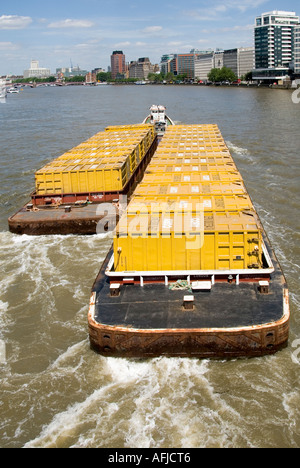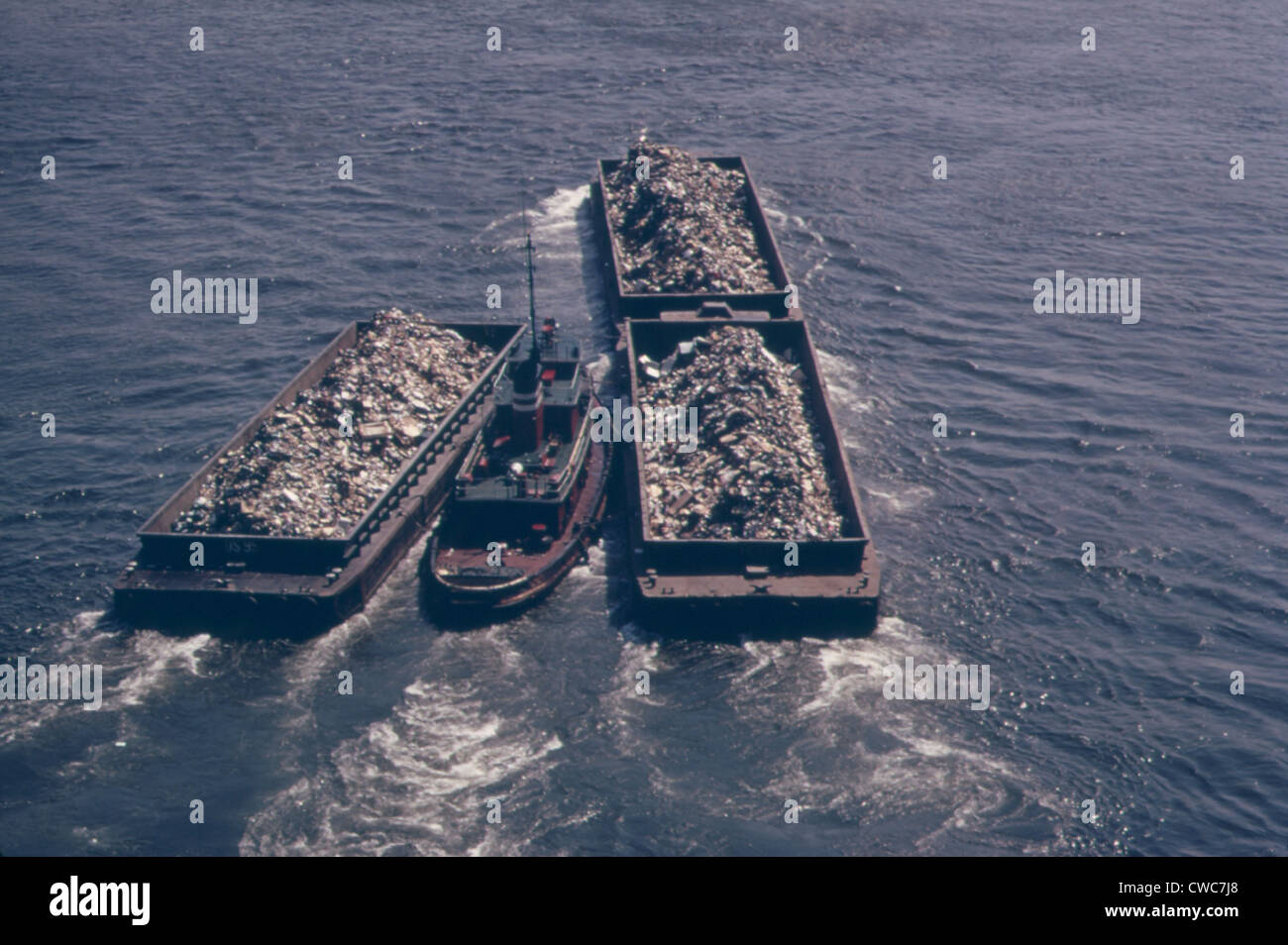

Marine litter along beautiful beaches and waterways destroy the beauty and enjoyment of those areas, and hence, negatively affect tourism and the economical benefits they bring. Furthermore, alien species may use the transport mechanism of marine debris in the ocean to migrate into new areas and disturb the ecosystem.

(2002), fishing gear (hooks and lines) and debris from lobster traps causes damage to the coral reefs in the Florida Keys. Marine litter can cause habitat destruction including smothering of the seabed, entangled litter on coral reefs and deposition on seagrass beds. EnvironmentalĮntanglement and ingestion of marine litter is directly damaging wildlife and the environment in which they live. Marine litter is an environmental, economic, health and aesthetic problem affecting all regions around the world (UNEP 2005b, UNEP 2006a). Sea-/ocean-based sources of marine litter include fishing vessels, cruise liners, merchant shipping, military and research vessels, pleasure crafts, oil/gas platforms, and fish farming ( ). Land-based sources include dumps/landfills, riverine transport, untreated sewage and storm water discharges, industrial and manufacturing facilities, tourism, and beach-goers. Marine litter can be classified into land- or ocean/waterway-based, depending on how the debris enters the water (UNEP 2008). Marine litter or debris is any persistent, manufactured or processed solid material discarded, disposed of or abandoned in the marine and coastal environment from any source (, Coe & Rogers 1997). People generate solid wastes such as food and kitchen wastes, paper, glass, metal and plastic containers and packaging, construction wastes (bricks, tiles, concrete, rebar, lumber, sheeting, etc.), clothing, and hazardous wastes (medications, batteries, paints, chemicals, etc) and if not handled appropriately (recycled or disposed of properly) have the potential to become litter. The lack of land areas and resources available for the safe disposal of wastes, population growth, the growing tourism industry, and the increase in imports of polluting and hazardous substances combine to make pollution prevention and waste management a critical issue in most Caribbean States. Wealthier economies tend to produce more waste. According to the Caribbean Community Secretariat (2003) the quantity of waste is closely linked to the level of economic activity in a country.


 0 kommentar(er)
0 kommentar(er)
